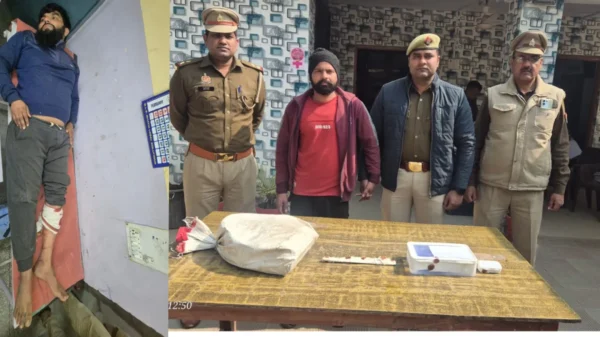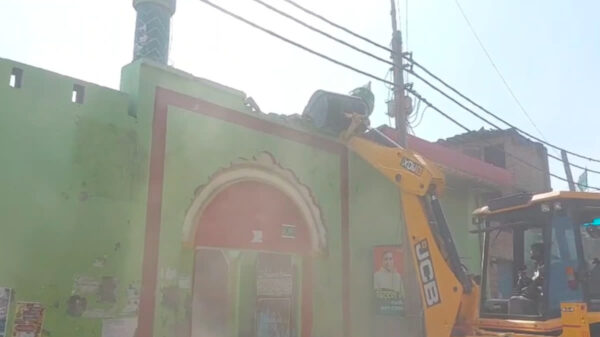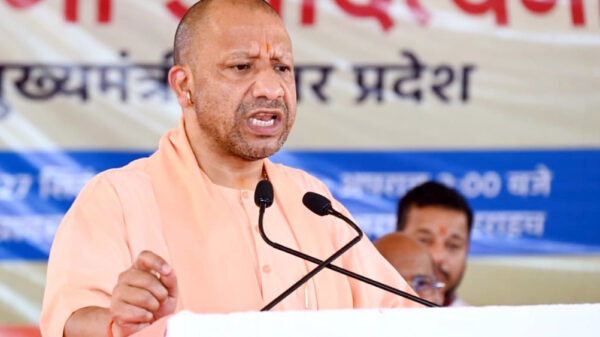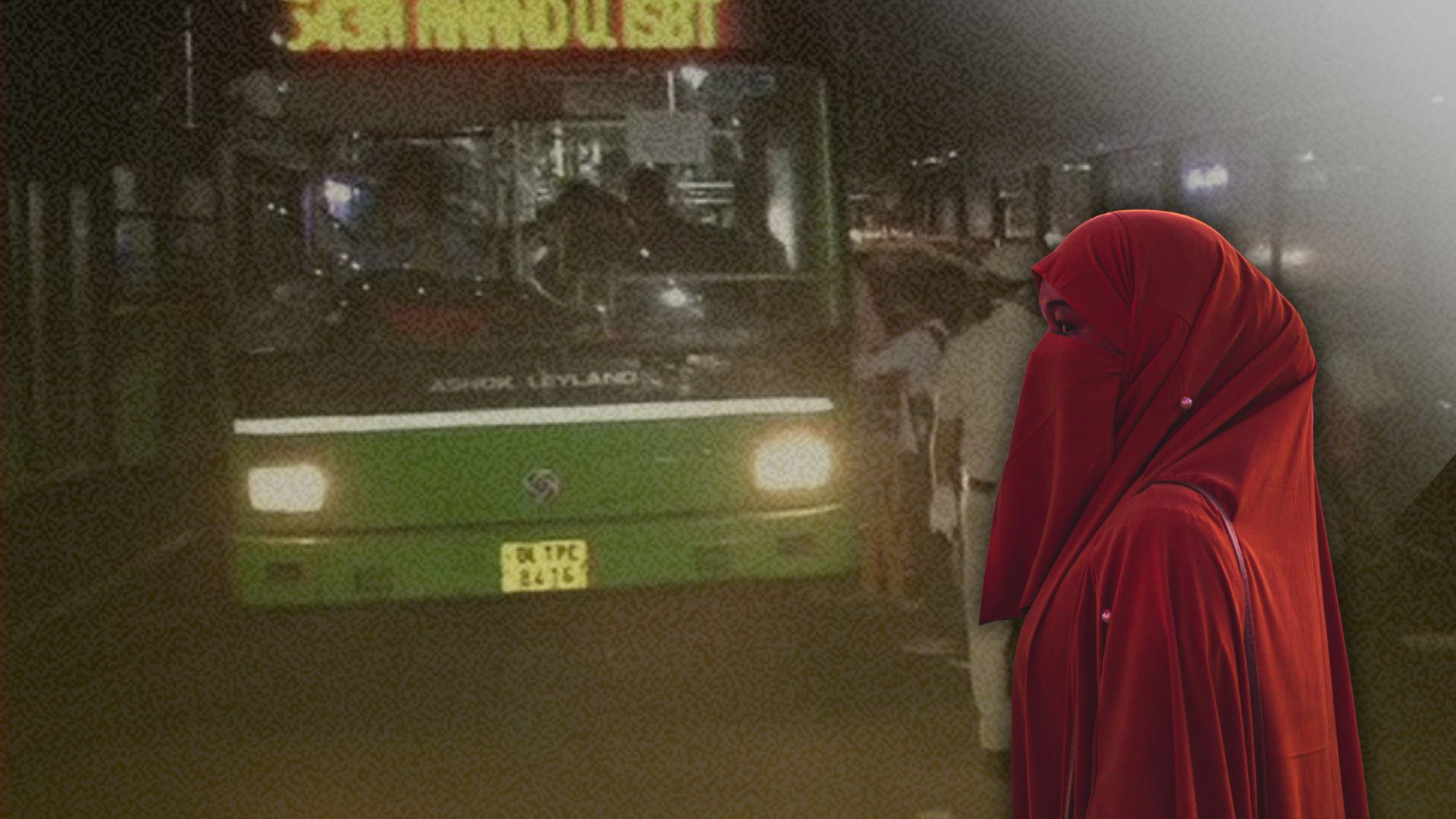A report by Greenpeace has said that around 77% of women don’t feel safe in public buses in Delhi at night despite increased hype of fare-free transport services for women. In these buses around 23% of women are everyday commuters and are using “pink tickets” to access sustainable travel for education and work but it has also escalated serious security concerns.
Throwing light on the loopholes of the scheme which was introduced in October 2019, Greenpeace marked that single journey free “pink tickets” consist of gruesome aspects related to the issues of women’s security.
“Time is another factor that influences safety and fear while using buses. Poorly lit streets and bus stops discourage women from using buses after dark. In addition, lower frequency of buses post sunset (meaning more waiting time) poses another challenge” unveils the survey highlighting why women feel unsafe after 5 PM.
During the intersectional survey, most of the respondents found it difficult to travel via bus after 8 PM, preferring metro or auto instead, and complained about the uncomfortable presence of drunk men around, threatening security.
Nearly 4% of women faced physical assault while travelling and the ratio jumps to 14% for the women of sidelined sections, highlighting socio-economic differences.
Religious Discrimination And Caste-Based Bigotry
Greenpeace points out that the presence of women in public transport is still less than their male counterparts due to social norms and patterns, which become even more horrible in terms of religious minorities or marginalized women.
“Potential threats of gender, religious and caste-based discrimination were also some reasons women find important in deciding not to use buses” mentions the report.
Muslim women confront more communal bigotry than Dalit women during bus travels. Around 9% of Muslim women underlined religious discrimination towards them for being Muslim, on the other hand, 4% of SC women highlighted caste-based prejudices.
Infrastructure And Horrors
Greenpeace said that passengers and conductors often don’t acknowledge the complaints of harassment. Dividing the journey into “travelling to bus-stop”, “waiting at the bus stop” and “actual travel time”, the report reveals that lack of walkable roads, miserable footpaths and over bridges often threaten women’s personal security. While walking towards the bus stop 25% of women felt “mostly unsafe” and 26% experienced the same while waiting for a bus.
Women also complained about the time of halt, improper bus shelters, infrastructure, CCTV and inadequate lighting while travelling via bus. Around 56% of women pointed to a lack of information regarding bus routes, which is mandatory to ensure safety.
Crowded Buses, Increased Fears
On the other hand, crowded buses swamped with men also stir horrible concerns among women.
When the bus halts at a stop, a crowd rushes onto the bus and goons take it as an opportunity to harass women on the pretext of ‘touch by mistake’.
“Women, thus, find it difficult to confront harassers or register their complaints with bus marshals” survey reveals.
Crowds also avoid the inconvenience of women. Females either face derogatory remarks for underlining the issues or are asked to deboard and take another vehicle.
“This is how things are on the bus,” women often receive such remarks.
The dangerous security reasons are growing fast during bus travels making it difficult for women to feel at peace with public transport services. Respondents pointed out that however free fares have helped them in terms of savings and easy access to transport but betterment and empowerment are not possible without ensuring security.


































































